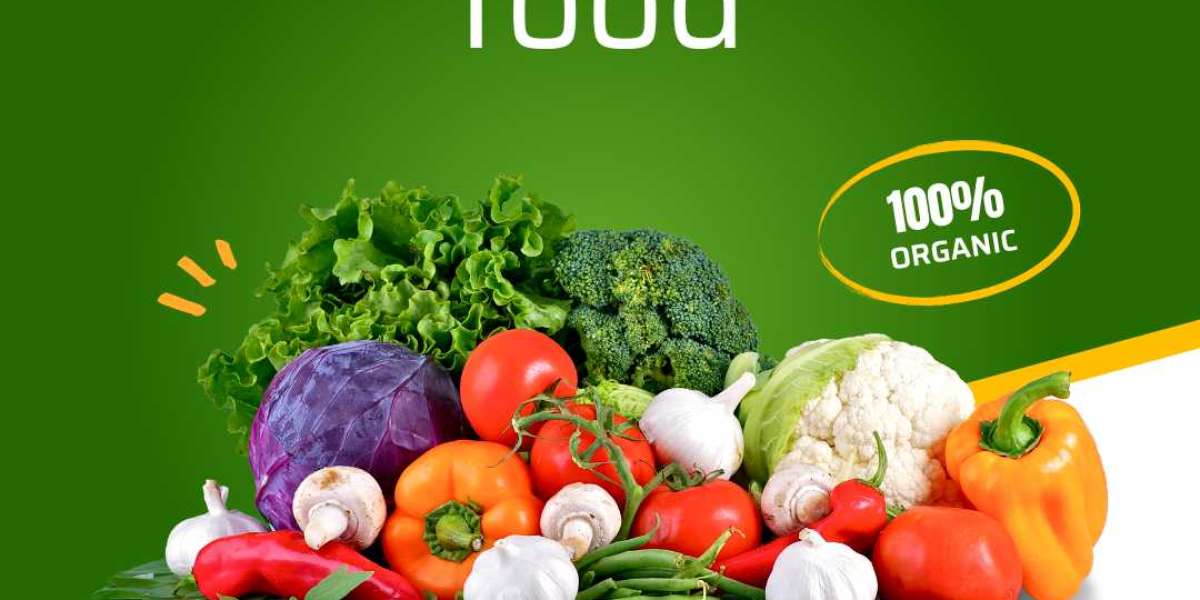Why ISO 22000 and Halal Certification Are Essential for Food Businesses in the UAE
The food industry in the United Arab Emirates (UAE) is growing rapidly, driven by a diverse population, high consumption rates, and increasing international trade. In such a dynamic market, ensuring food safety and religious compliance is not just a business advantage—it’s a regulatory necessity. Two certifications that stand out as critical for food businesses in the UAE are ISO 22000 and Halal Certification.
This blog explores why these certifications are essential and how they influence your eligibility to operate in the UAE market.
What is ISO 22000?
ISO 22000:2018 is an international standard for Food Safety Management Systems (FSMS). It outlines the processes and procedures required to ensure food safety across the entire supply chain—from farm to fork.
Key Components:
• Hazard analysis and critical control points (HACCP)
• Communication across the food chain
• Continuous monitoring and improvement
• Legal and regulatory compliance
Is ISO 22000 Mandatory in the UAE?
While ISO 22000 is not legally mandatory, it is highly recommended and expected by many stakeholders, including:
• Government food safety authorities
• Distributors and retail chains
• Export markets with strict food safety regulations
Why You Need It:
• Demonstrates commitment to international food safety standards
• Reduces risk of contamination and foodborne illness
• Builds trust with consumers and regulatory bodies
• Opens doors to regional and global markets
In essence, ISO 22000 has become a market expectation in the UAE—especially for businesses that want to be seen as credible and responsible.
What is Halal Certification?
Halal Certification confirms that a product complies with Islamic dietary laws. It verifies that food, cosmetics, pharmaceuticals, and other products are free from prohibited (haram) ingredients and have been processed according to Shariah law.
Applicable Sectors:
• Meat and poultry
• Packaged and processed foods
• Cosmetics and personal care
• Nutritional supplements and pharmaceuticals
• Household and cleaning products with animal-derived ingredients
Is Halal Certification Mandatory in the UAE?
Yes, Halal Certification is mandatory for many categories of consumer products in the UAE. The Ministry of Industry and Advanced Technology (MoIAT) oversees the Halal certification framework. Products that are labeled Halal must display the UAE Halal National Mark, which is a requirement for:
• Manufacturing
• Importing
• Distributing or selling Halal products in the country
Non-compliance can result in:
• Rejection of import shipments
• Product recalls
• Legal penalties and fines
• Loss of customer trust and market access
Combined Importance: ISO 22000 + Halal Certification
For businesses in the UAE food industry, both certifications complement each other:
• ISO 22000 ensures food is safe.
• Halal Certification ensures food is religiously acceptable.
Together, they create a strong foundation for:
• Regulatory compliance
• Consumer confidence
• Brand reputation
• Business growth across the GCC and beyond











